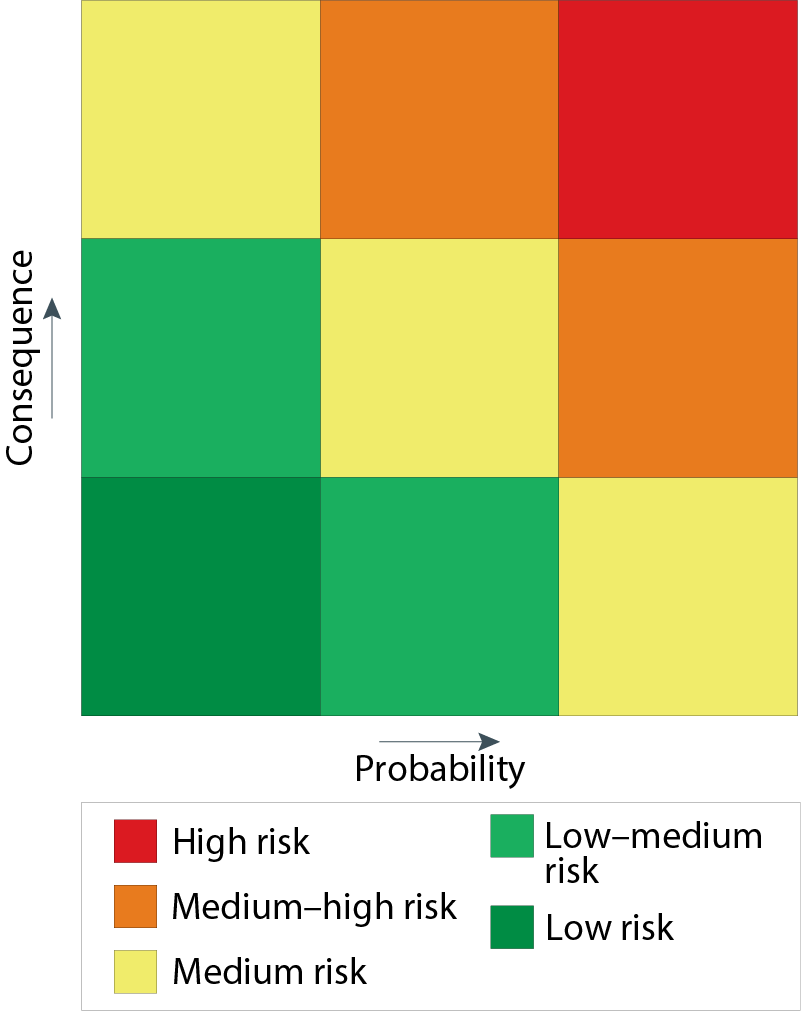Solar geoengineering describes a set of technologies designed to temporarily, deliberately modify the climate to prevent the worst effects of climate change while greenhouse gas reductions ramp up. The idea of stratospheric sulfate aerosol injection, which would mimic the cooling effects seen after large volcanic eruptions, comes with substantial risk and uncertainty. IU’s Ben Kravitz , a Professor in Earth and Atmospheric Sciences, argues that we need to move toward a mission-driven geoengineering research program, where we systematically address the highest priority research questions.
But how do we tell which uncertainties are the most important? With Doug MacMartin, a colleague at Cornell University, Dr. Kravitz has developed a risk register for solar geoengineering, which will allow researchers to categorize and prioritize research questions. Although there is much more work to be done, this framework can be used to address critical questions in solar geoengineering research, like what simulations need to be done and what role there is for future field experiments.


